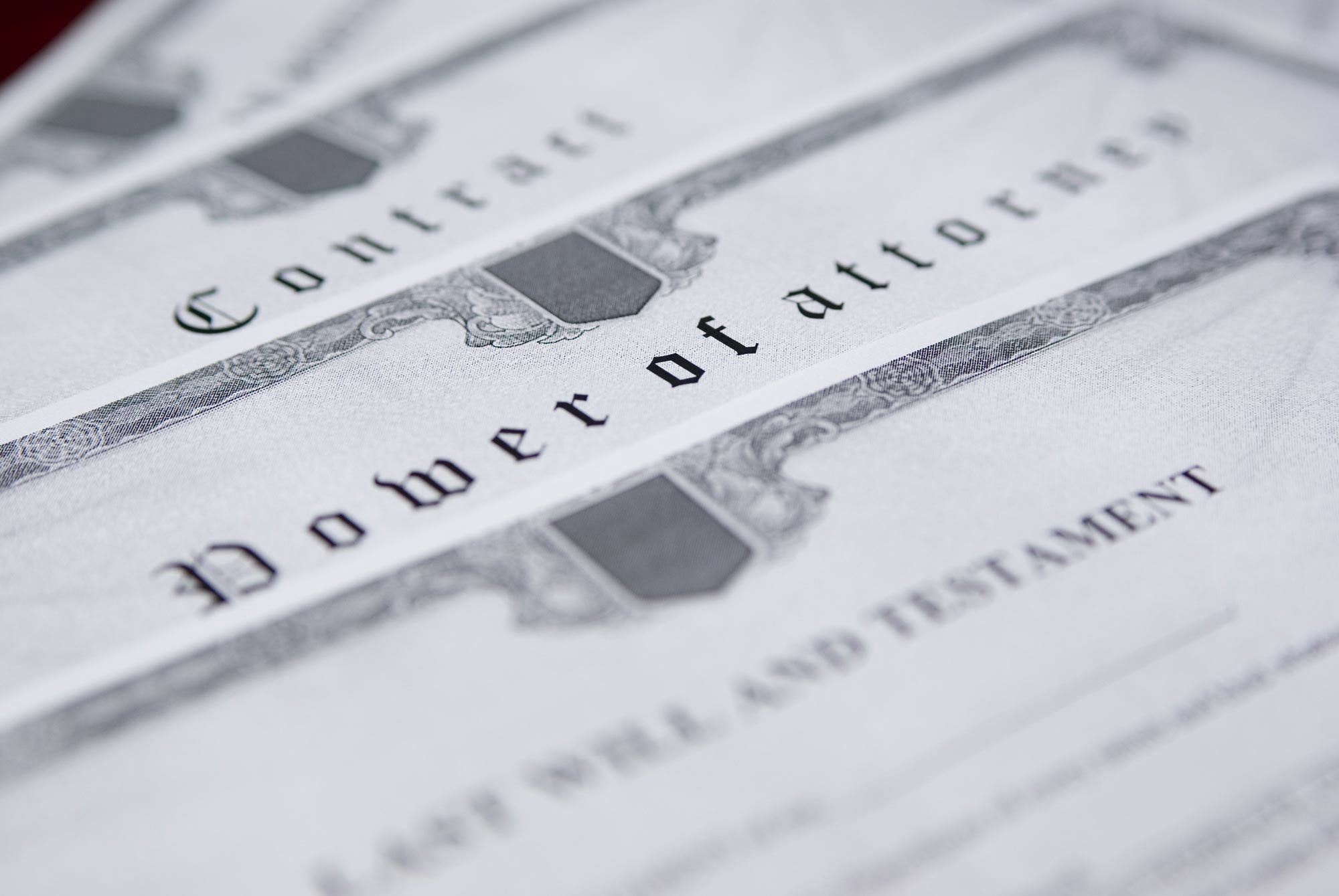Here's the lowdown on basic probate-avoiding living trusts.
Ask people why they work hard and save their money, and often you'll hear that it's not only because they want to raise their own standard of living; they want to leave something behind for their children, too. Understandably, they don't want a big chunk of that money to be used up for probate lawyers' fees.
That's where living trusts come in. They don't save you a penny while you're alive, but after death they can eliminate the need for
probate -- and probate fees. (Probate involves inventorying and appraising the property, paying debts and taxes, and distributing the remainder of the property according to the will.) When you make a living trust -- a device in which you hold property as a "trustee" -- your surviving family members can transfer your property quickly and easily, without probate. More of the property you leave goes to the people you want to inherit it.
Types of Living Trusts
The two most common types of living trusts are:
- a basic living trust (for an individual or couple), which avoids probate, and
- an AB trust, which both avoids probate and saves on estate tax.
This article discusses basic, probate-avoidance living trusts.
Unless you expect to owe federal estate tax at your death or your spouse's, a basic living trust to avoid probate is probably all the trust you need. (Fewer than 2% of estates -- those worth more than $2 million -- owe estate tax.)
Probate-Avoidance Living Trusts
A basic living trust allows property to avoid probate and to quickly and efficiently pass to the beneficiaries you name, without the hassles and expense of probate court proceedings. A married couple can use one basic living trust to handle both co-owned property and the separate property of either spouse.
Creating a Trust
To create a basic living trust, you make a document called a declaration of trust, which is similar to a will. You name yourself as
trustee -- the person in charge of the trust property. If you and your spouse create a trust together, you will be co-trustees.
Then you transfer ownership of some or all of your property to yourself in your capacity as trustee. For example, you might sign a deed transferring your house from yourself to yourself "as trustee of the Jane Smith Revocable Living Trust dated July 12, 20xx." Because you're the trustee, you don't give up any control over the property you put in trust.
In the declaration of trust document, you name the people or organizations you want to inherit trust property after your death. You can change those choices if you wish; you can also revoke the trust at any time.
After You Die
When you die, the person you named in the trust document to take over -- called the
successor trustee -- transfers ownership of trust property to the people you want to get it. In most cases, the successor trustee can handle the whole thing in a few weeks with some simple paperwork. No probate court proceedings are required.
Do You Need a Lawyer to Create a Trust?
Trusts take about as much time to create as do wills. If your circumstances aren't complicated and you are willing to invest a couple of hours of your time using an estate planning book or software, you may end up with a better result than you would achieve with many lawyers. For more information, see
Do You Need a Lawyer to Make Your Living Trust?


